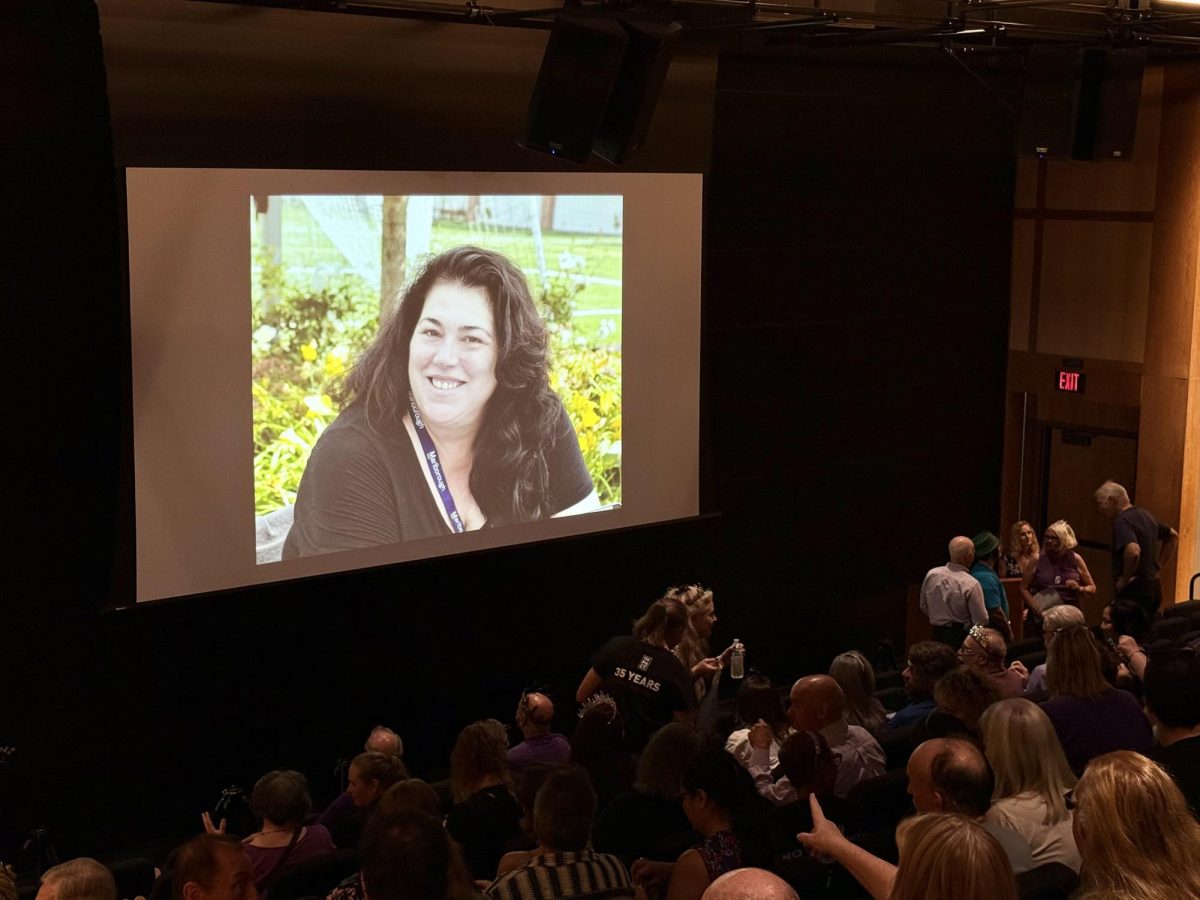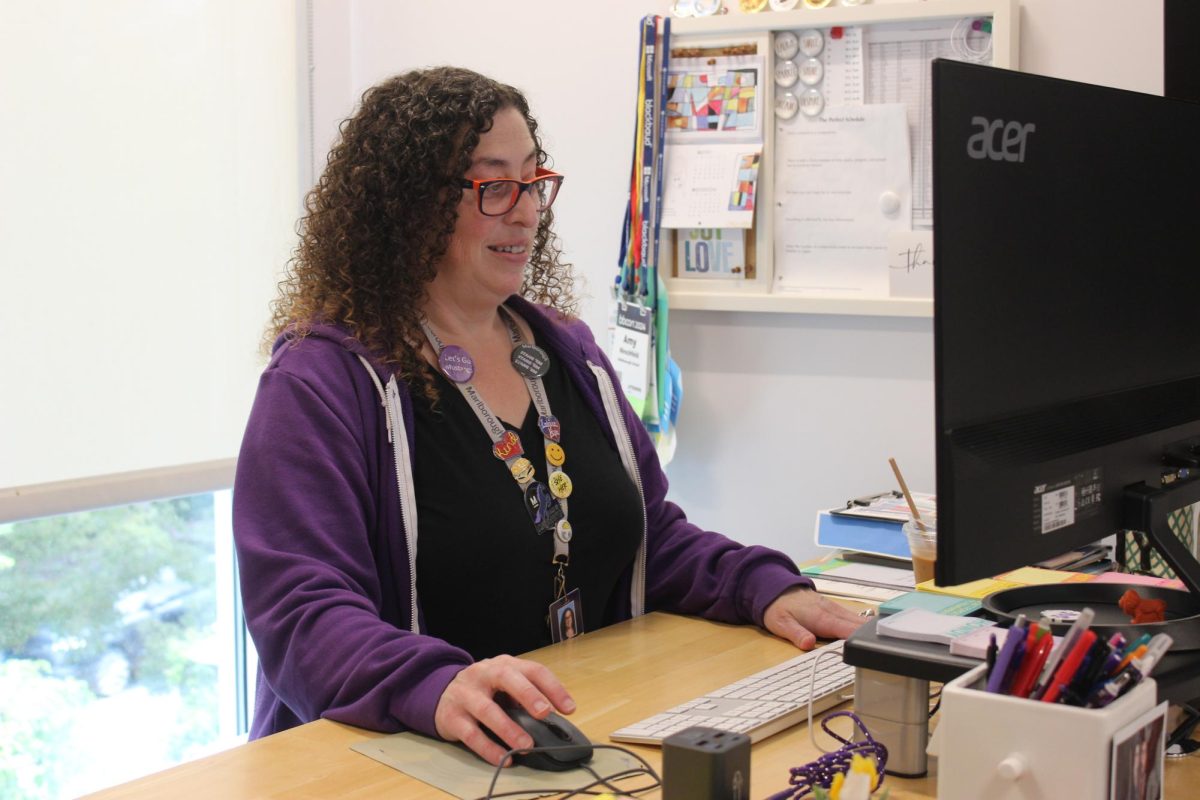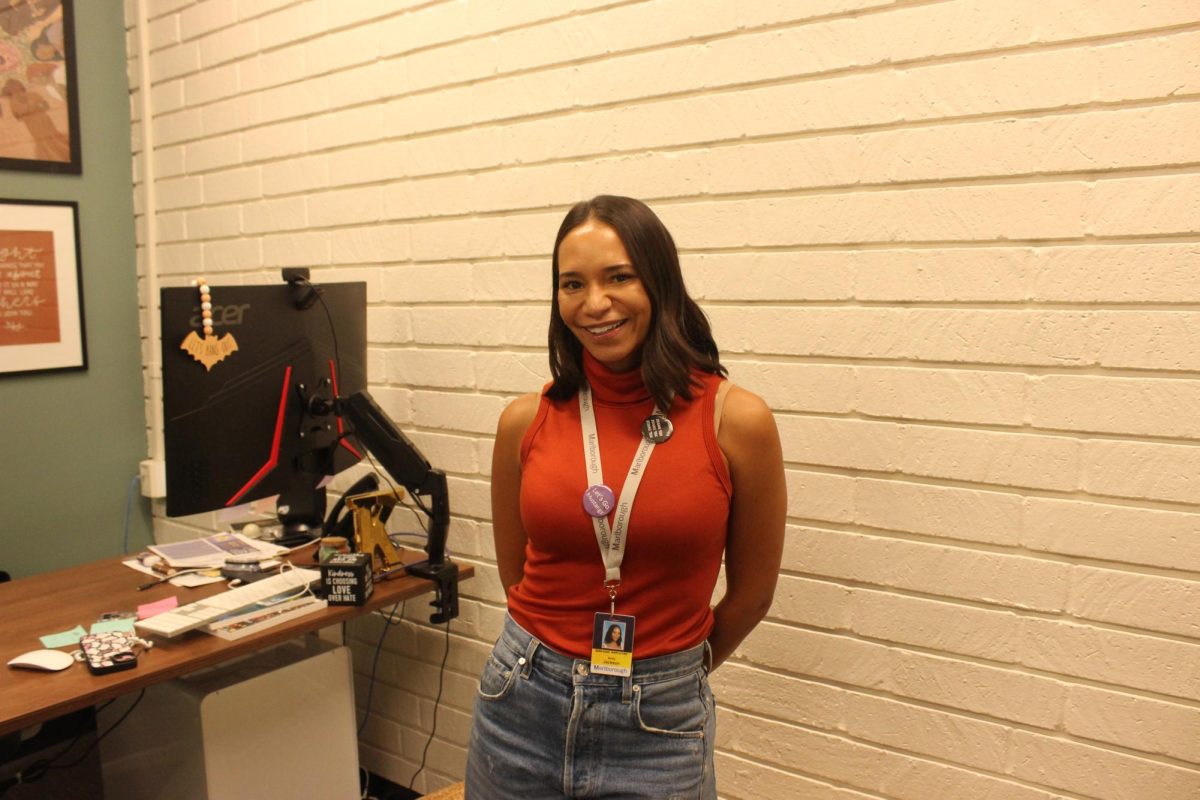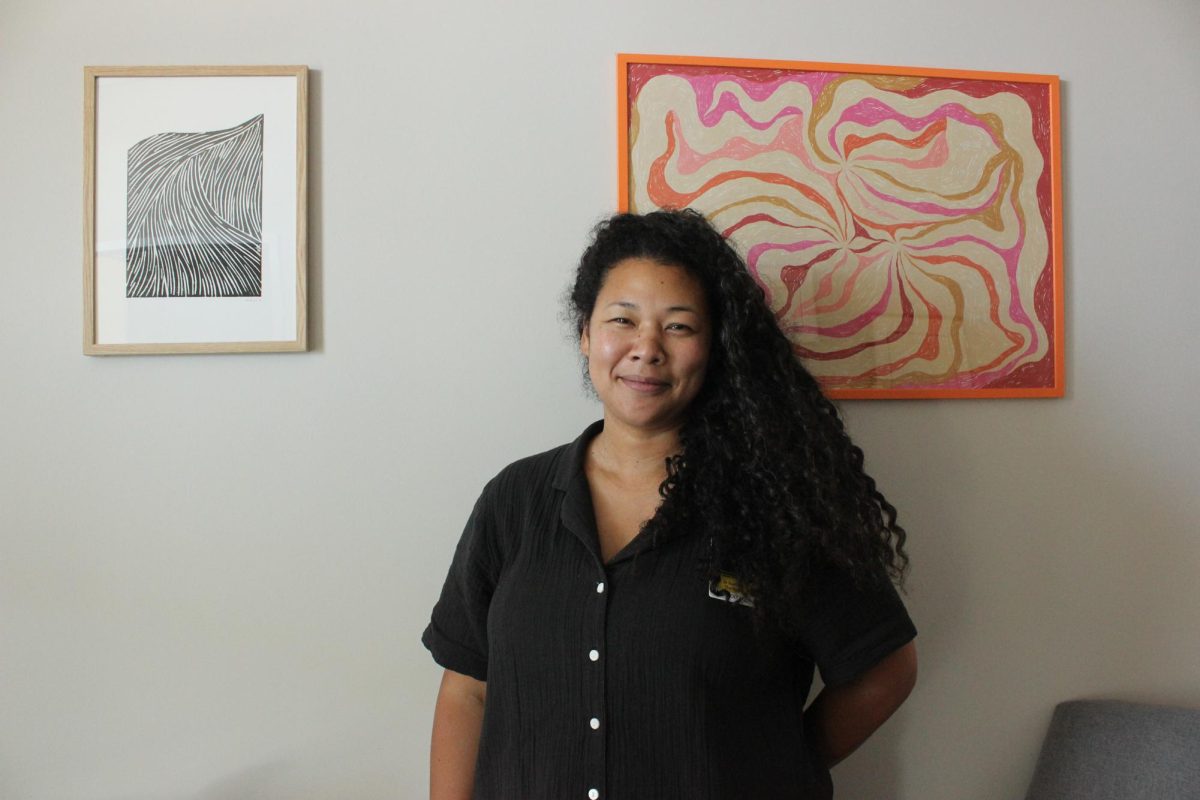
Rachel Simmons, Teen Vogue advice blogger and author of girl-centric non-fiction books The Curse of the Good Girl and Odd Girl Out, spoke separately to the parents and students of the Marlborough community on Oct.18-19 on the social and academic pressures faced by girls as they develop into strong and powerful young women.
On the evening of Oct. 18, Simmons spoke to the Parents’ Association about the high levels of stress teenage girls face, specifically the “curse of being a good girl.” Simmons explained that a “good girl” is constantly under a lot of pressure to remain a high-achieving, well-rounded girl who gets good grades, plays sports and helps the community. However, she said “good girls” were likely to burn out, as Simmons herself did when she dropped out of the Rhodes Scholarship Program.
Simmons said that in high school, “good girls” are on a pressure-filled path to ultimately get into the best college. However, Simmons explained that in college these girls no longer have such a strict path to follow and, without the tough rigidity they are used to, will begin to fall apart, as Simmons herself did.
Most Marlborough girls said they suffer from high stress levels, due to their extensive workload and copious extracurriculars.
“I have to wake up so early but stay awake until two in the morning doing homework,” Pilar ’15 said.
Science instructor Lisa Ellis said she was glad that Simmons spoke to parents about stress.
“[This is] stuff parents definitely needed to hear,” Ellis said. “And they seemed receptive.”
Additionally, Simmons spoke to the student body at All-School Meeting on Oct. 19 about how teenage girls often struggle to express their true feelings. She explained how to be a good friend, ask for things without being aggressive or passive, and avoid being mistreated by friends or classmates.
Many students said they particularly enjoyed Simmons’ visit, where she not only lectured but engaged the audience by asking provocative questions and telling the girls to converse among themselves about topics such as “What is okay to say online?” and “What is something about yourself you’d prefer your friends don’t joke about?”
“She taught me that I should stand up for myself and not put up with someone teasing me if I don’t like it,” Rachel ’14 said.
However, the message was not for everyone. Peyton ’12 said she thought that Simmons was a compelling speaker but that her message was more important for younger girls to hear.






